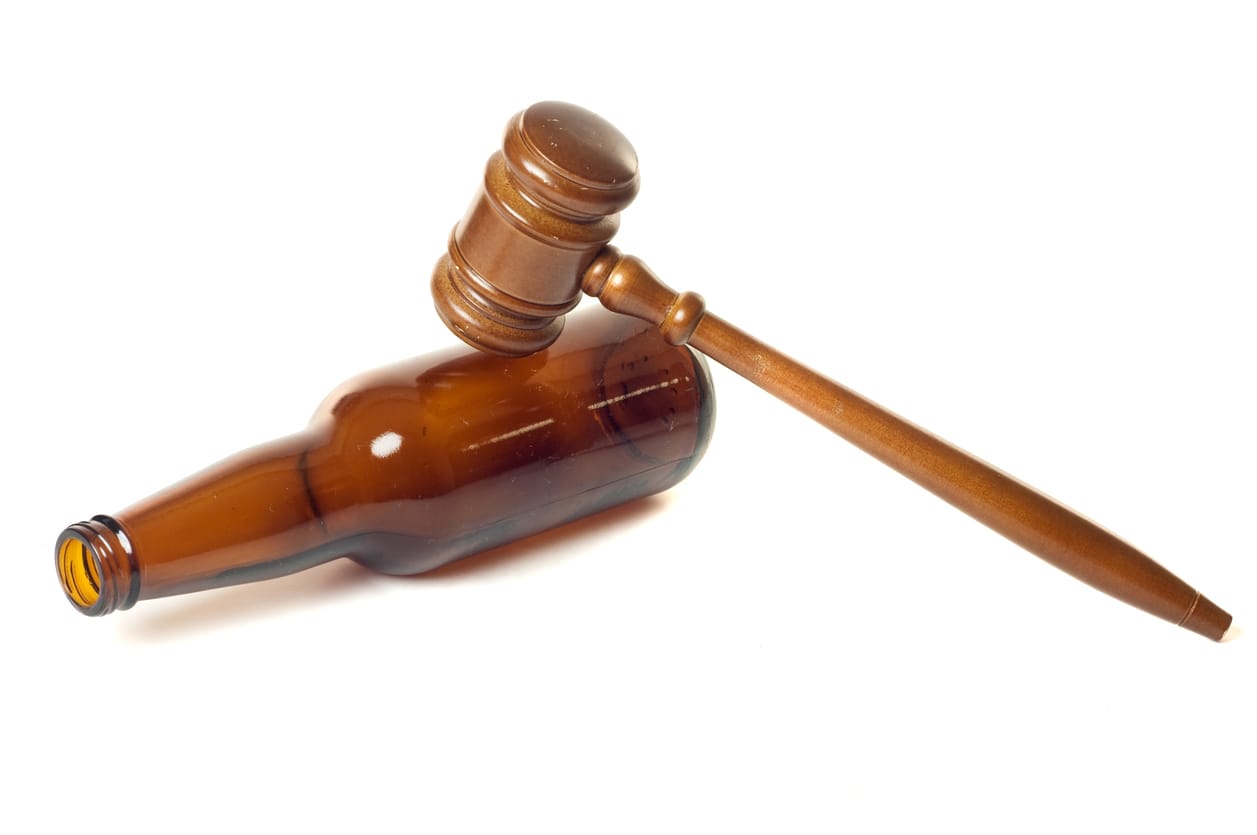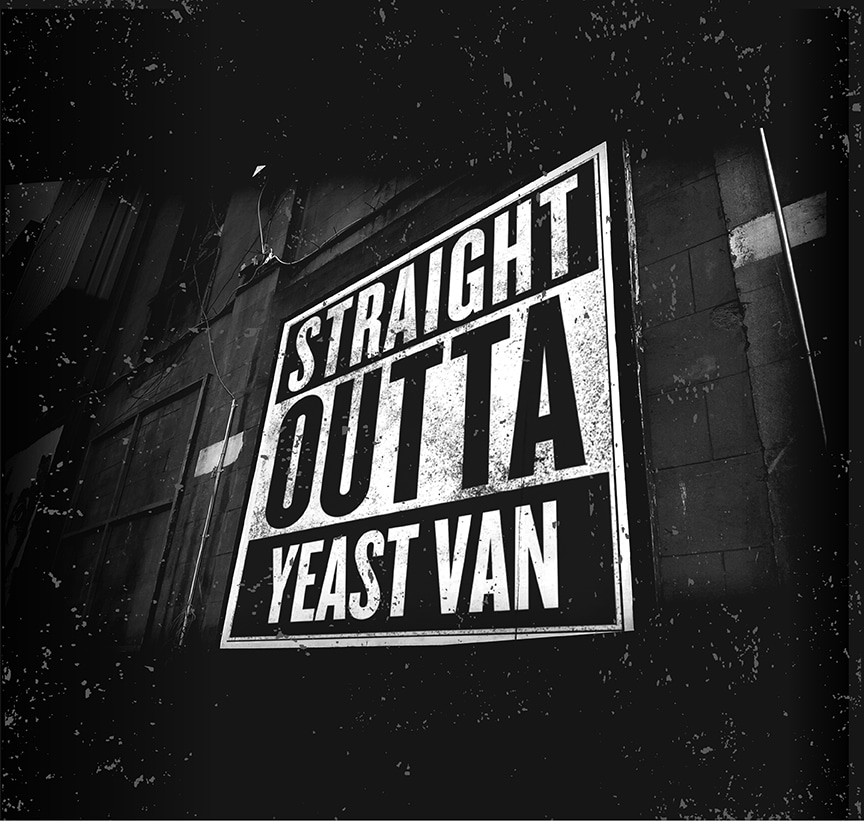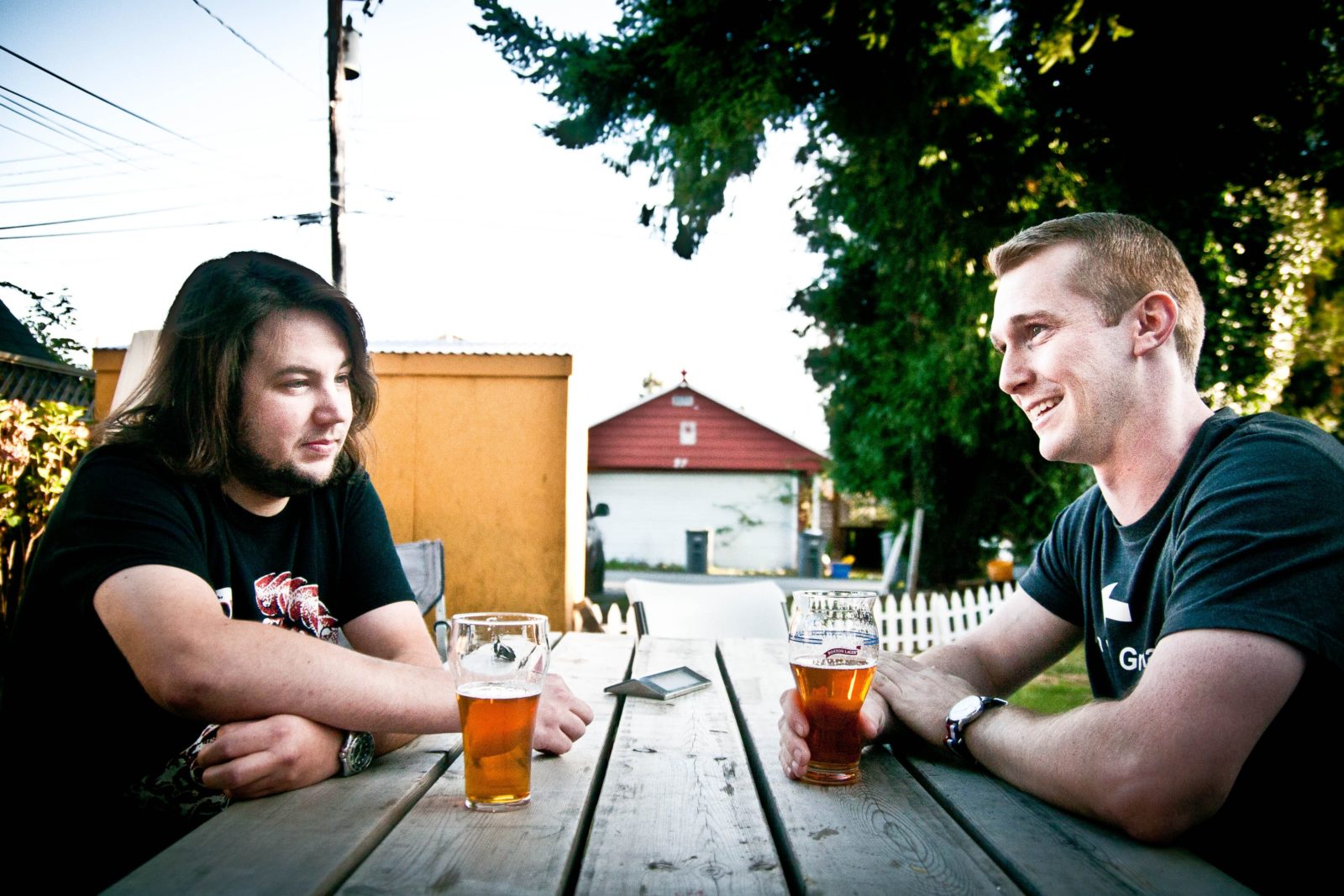
Back in 2012, the B.C. Liberal government of the day made sweeping changes to the province’s liquor laws that paved the way for the coming craft beer revolution. For the first time, craft breweries could operate tasting rooms, and sell flights of beer directly to their customers.
One of the other liquor laws that was changed at the time was the introduction of Bring Your Own Bottle or corkage. This program allows you to bring your own bottle of booze to a restaurant, and the restaurant can charge you a corkage fee for drinking it in their establishment. And if you don’t finish the bottle at dinner, you can take it home with you, too. It’s a sensible common sense provision, similar to what most other Canadian provinces and many other countries around the world already allow.
However, corkage only applies to wine. If you are a craft beer drinker, you are shit out of luck. Despite the fact that wine generally has a higher alcoholic content than beer, you are forbidden from bringing that bottle of B.C.-brewed barrel-aged lambic-style sour ale with you to your local restaurant. But that big ol’ jug of Carlo Rossi is somehow A-OK!
Likewise, when the provincial government finally allowed the sale of alcohol in grocery stores, it was B.C. wine only—no beer. And earlier this year when the B.C. NDP government reviewed that program, they updated it to include imported wine and cider—but still no beer!
“Every year we’re warned by the public health officer of binge drinking hospitalizations and binge drinkers,” explained attorney general David Eby to News 1130. “We’re going entirely the wrong direction on this so increasing the number of outlets that sell alcohol is not on the table.”
He added that if the province were to allow grocery stores to sell beer, it would have to allow imported beer as well as local craft beer, and that could cause harm to the B.C. craft industry, in his opinion.
“If you go to a grocery store, they stock Tide and Coca Cola. They don’t stock small boutique producers of laundry detergent and soft drinks,” he said.
Except, of course, that grocery stores absolutely do stock small boutique laundry detergent and soft drinks.
Let’s be honest, and call it for what it is: there is a prejudice against beer and beer drinkers. Wine is apparently viewed as a beverage for the upper class, and so it’s treated differently, as though those who drink it are somehow more responsible. Why? Probably because it’s the alcoholic beverage of choice for the highfalutin muckety-mucks who make our liquor laws.
Meanwhile lowly beer, AKA the “Champagne of the Working Class,” is somehow considered more problematic. Clearly, working class people can’t be trusted.
It’s a classist distinction that unfairly inconveniences beer drinkers and unfairly punishes the thousands of women and men who work in the B.C. craft beer industry.
And anyone who thinks wine drinkers are somehow more mature and sophisticated than beer drinkers, then you’ve never seen the hilarious hot mess that is the final hour of the Vancouver International Wine Festival. Humans occasionally like to tie one on; we’re all equal in that regard. Beer drinkers should not be singled out just because their beverage of choice is made from barley and not grapes.
There have been recent efforts to bridge the gap between beer and wine, and the government should be commended for that. The NDP quickly fixed Agricultural Land Reserve rules passed by the Liberals that allowed wineries on farmland but not breweries. However, there is clearly still a long way to go before beer gets the same consideration wine does.
If it’s a question of public safety, then put a limit on the ABV of alcohol that’s eligible for corkage and sale in grocery stores, as well as a limit on the amount you can bring/buy. That would be equitable thing to do. But the time has come to stop treating beer drinkers like second-class citizens.




